Is There a Best Age to Start Daycare?
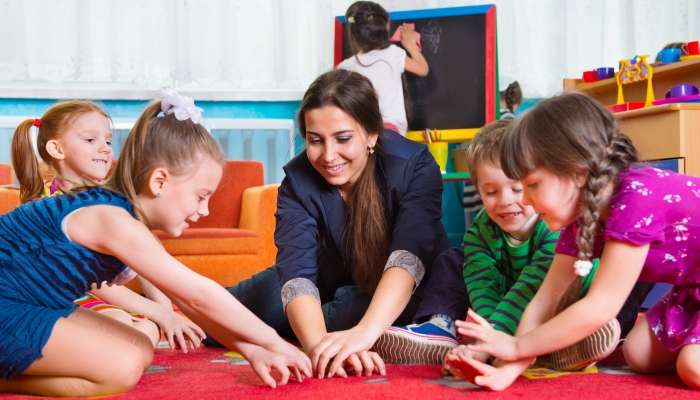
- The age at which your child starts daycare often depends on your employment, the length of your maternity leave, and whether you have relatives or a paid caregiver who can help you with childcare at home.
- Many daycare centers care for babies from the age of six weeks, but it’s the quality of the daycare that matters most.
- If you can wait until your child is a toddler, there are some signs to look for to help you decide if your child is ready for a daycare or preschool setting.
For some families, daycare is a lifesaver, letting parents get back to work secure in the knowledge that their infants are taken care of and safe. For others, letting go of their babies every morning is difficult and fills them with anxiety as they return to their jobs.
For still other families, daycare represents an educational opportunity for their toddlers to learn, grow, and socialize to get ready for school. At the same time, it gives the caregiver at home time to work, take care of other kids, or simply take a break.
Whatever your situation and reasons for choosing daycare, the first time you leave your child at a young age can be tough. You are likely to be filled with worries and questions about whether you made the right decision about your childcare.
That’s okay, and it’s something most parents go through. Remember that the best age to start daycare will be different for every child and every family.
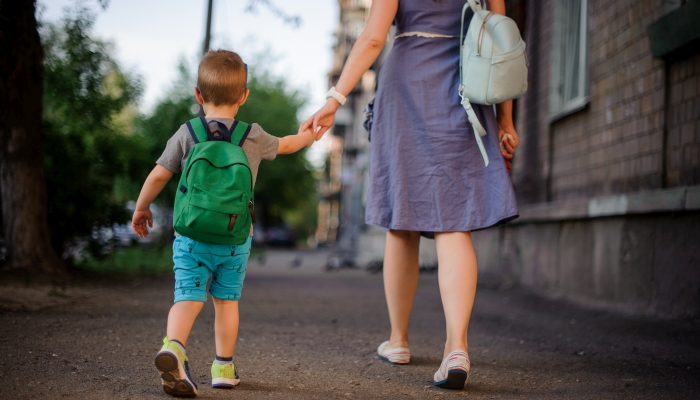
Daycare Age: When to Send Your Child to Daycare
The age at which your child starts daycare may not be entirely your personal choice. Finding care for your child outside the home will depend on your employer’s policies and the length of your parental leave.
Your decision to start daycare will also depend on whether any family members can help you and whether hiring a paid caregiver is an option for you. Quality daycare is often the most cost-effective and convenient childcare option for many working parents.
Is my baby too young for daycare?
Opinions on the optimal age for starting daycare vary. Some experts suggest children should not go to daycare until they are twelve months old. Others say that infants up to seven months of age find the transition to daycare easier than older infants. Still others say you should keep your children at home as long as possible.
However, many daycare centers take babies from a minimum age of six weeks, when most maternity leaves end in the US. If you are worried about sending your young baby to daycare, remember that sending children younger than a year old to daycare is not unusual.
In 2019, the National Center for Education Statistics reported some helpful findings that show that many families are in the same boat regarding infant and early childhood daycare. They found that:
- 42% of children under the age of one received some kind of weekly nonparental care.
- Of those children, 32% were in daycare settings.
The American Academy of Pediatrics says that the type of childcare of your child receives is less important than the quality. What matters more than your child’s age is that you feel confident about the childcare center and comfortable that the staff is caring, qualified, and knowledgeable.
Is it ever too late to start daycare?
Older children may find the transition to the structured environment of daycare more difficult than young babies. This is because they have greater emotional maturity and understand more about what is happening. As a result, it may take a two-year-old more time to adjust to long periods away from a parent than, for example, a four-month-old.
However, if you have cared for your child at home yourself, with the help of relatives, or with a nanny, you may still want to consider some kind of daycare setting for your young child before they start school at the age of five.
If you’re weighing the pros and cons of daycare, you should know that daycare has many benefits for children who are approaching school age. Structured childcare or preschool allows toddlers to socialize with other children, learn to trust teachers, and practice skills like cooperation, sharing, and collaboration.
Being in a group setting is a great way to expand and encourage language skills, creative play, and friendship for toddlers. In addition, time spent away from parents and understanding that they come back is part of a child’s emotional development.
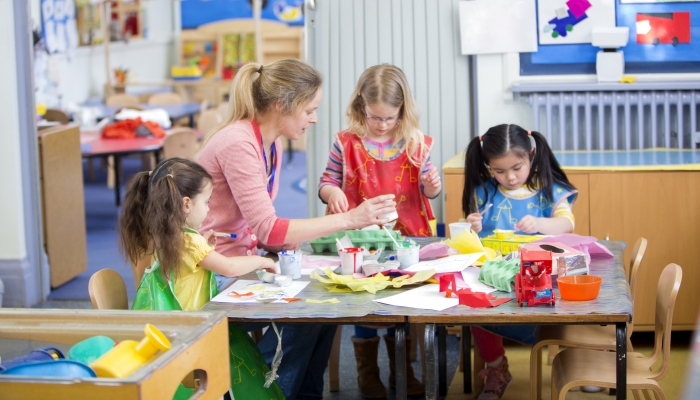
Signs That Your Child Is Ready for Daycare
Kids will start daycare at different ages. However, if you have some flexibility in deciding when to send your child to daycare, there are some signs to look for that may let you know that they’re ready:
| Sign | What It Means |
| They understand instructions. | Your child will be ready to follow rules and fall into the routines easily at daycare. |
| They show independence. | Your child will be able to separate from you at drop off and move between activities. |
| They are curious about other children. | Your child is ready to interact, communicate, practice social skills, and start learning about friendship with other kids. |
| They are potty trained, or close to it. | Some daycares assist with potty training. Check the daycare policy and make sure your child is prepared in advance. |
| They are communicative. | Your child will be able to express themselves and their needs to the staff and other kids. |
If your toddler is showing some of these signs, they may be ready for daycare. You also know your child’s personality best, so you’ll have an instinct about whether it’s time for them to go into childcare with other kids.
Signs That Your Child Is Not Yet Ready for Daycare
A daycare is often full of light, sound, and color. They tend to be noisy and joyful environments full of social interaction with lots going on all the time. They will be filled with toys, activities, food, and other stimulating elements.
Not all toddlers will be ready to dive into the daycare environment if they have only ever experienced a single caregiver. They will be separating from you while at the same time, navigating new relationships, rules, and activities. Understandably, daycare can be overwhelming for some young children.
If you’re not sure whether it’s time to put your child in daycare, there are some signs to consider to help you decide:
| Sign | What It Means |
| Your child still needs naps. |
|
| Your child has a condition that you’re concerned about. |
|
| Your child is anxious and finds separation very difficult. |
|
| Your child has been attending daycare but does not seem to be adjusting to it. |
|
For children who find large groups of kids stressful or need more one-on-one attention, check for a low staff to child ratio when looking at childcare centers. Also, consider daycares or preschools that offer half days if a full day away from home is too overwhelming for your child at first.
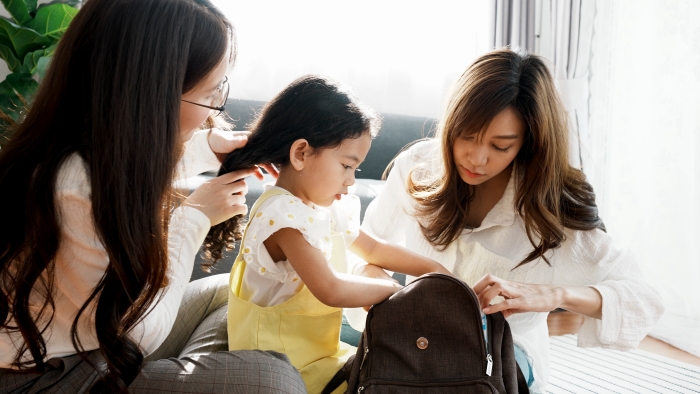
Tips on Preparing Your Child for Daycare
There are some practical and easy things that a parent can do to prepare an infant or toddler to begin daycare.
For breastfeeding infants
If you are putting a breastfeeding infant into daycare, you can continue giving them breastmilk.
Open communication with the daycare staff about breastmilk storage, bottles, and the timing of feeds for babies before starting daycare is essential. If you work close by, discuss options for coming in to breastfeed during the day if that is important to you.
About a month before starting daycare, think about your system for pumping, freezing, and storing breastmilk. Also make sure your baby will take a bottle.
Talk with your child
Talk about daycare and explain how it works in simple words. Even a young child can understand the concept. Reading picture books about daycare may help.
Visit with your child
Take your child to the daycare center for a visit before they have their first day. Introduce them to the staff. Show them that you like and trust the adults in charge. Let them explore the center so the new environment is familiar before they begin.
Have other caregivers stay with them at home
To help your infant or toddler understand the concept of people other than you as their caregivers, arrange some sessions with babysitters at home.
Show your child that they can be left safely with another trusted adult and that you will always return.
For potty training children
Make sure you know the daycare’s policies on potty training well in advance. If the daycare staff are going to assist with potty training, make sure your child has a daycare bag packed with extra clothes in case of accidents.
If your child has to be potty trained before starting a preschool program, make sure you have begun the process well in advance.
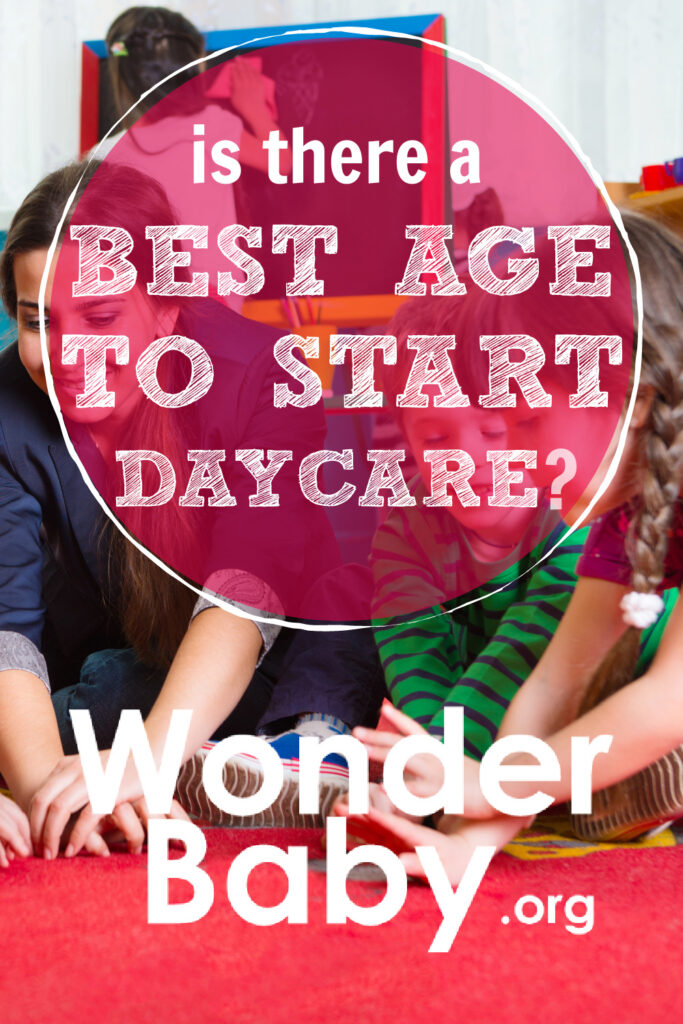
Related Posts

IEPs
What Should I Bring to My Child’s First IEP Meeting?
Prepare for your child's first IEP meeting with confidence! Discover exactly what documents to bring, including educational records, medical info, and questions to ask.
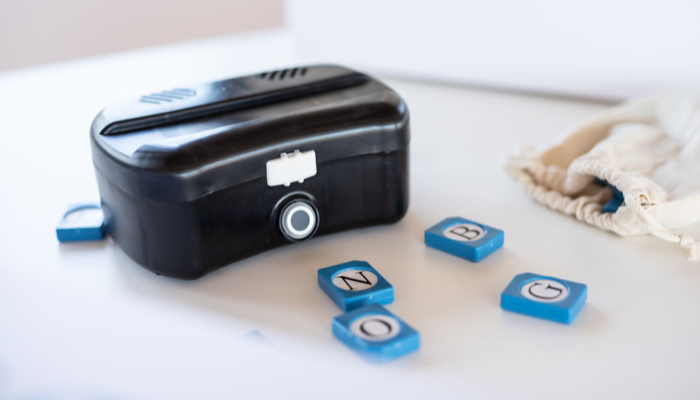
Braille and Literacy
Making Braille Fun: Introducing Handi Exceller’s Innovative Learning Tools for Blind Students
Handi Exceller was born from a simple idea: learning braille should be both fun and accessible. The company creates interactive and gamified ways to teach braille.
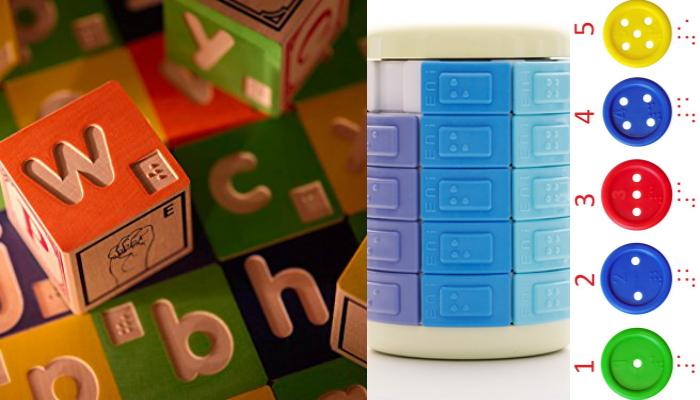
Braille and Literacy, Toys, Visual Impairment
24 Braille Toys for Kids Who are Blind
Everything from alphabet blocks to raised line coloring pages and activity books to puzzles to card and board games... and so much more! And it's all in braille ready for...